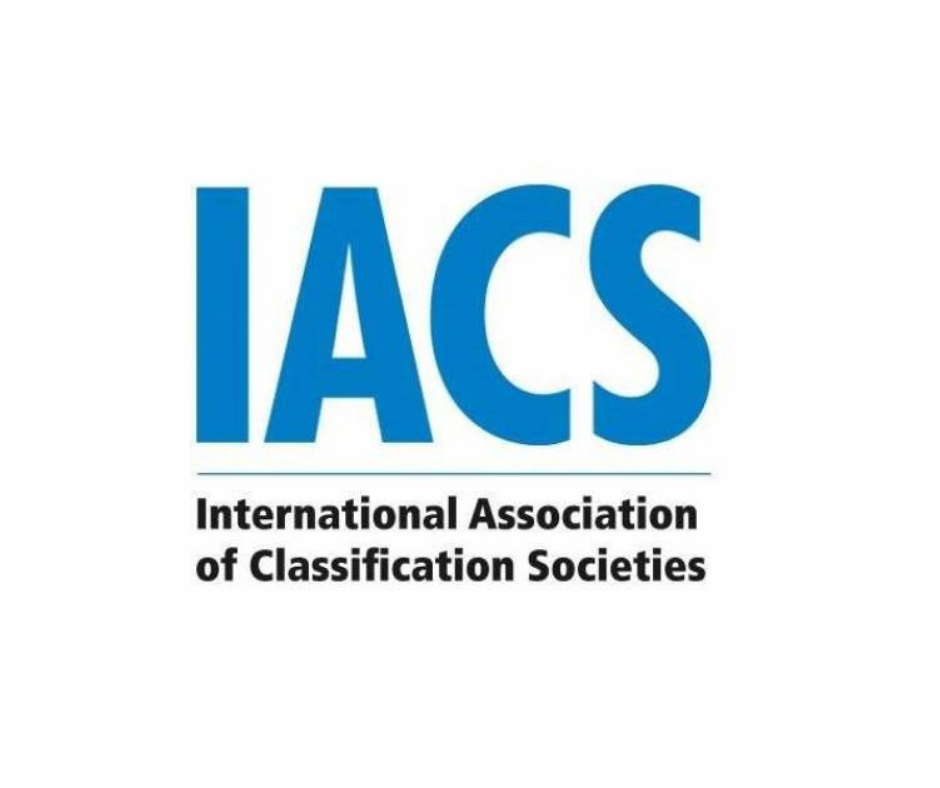How the UK Is Leading the Way on Pillar II Global Tax Reform
The global tax landscape is undergoing a significant transformation with the implementation of the OECD's Global Anti-Base Erosion Model Rules (Pillar II). The UK, a key player in international finance, has adopted these rules proactively, aiming to ensure large multinational enterprises (MNEs) pay their fair share of tax, regardless of where they operate. This blog post explores the key aspects of Pillar II implementation in the UK and its potential implications.
What is Pillar II?
Pillar II is a global minimum tax rule setting a floor for corporate income tax at 15% for MNEs with global revenues exceeding €750 million. It aims to prevent tax base erosion and profit shifting by ensuring companies pay a minimum level of tax, regardless of where their profits are booked.
Why Are These Rules Important?
Many large companies make huge profits but pay little to no tax by moving their profits to countries with low tax rates. This is unfair to countries where these businesses actually operate, as it deprives governments of tax money that could be used for public services.
Pillar II fixes this by making sure companies pay at least 15% tax on their profits, even if they are based in countries with lower tax rates.
How Does the UK Implement Pillar II?
The UK government is supportive of the global minimum tax and has started implementing Pillar II by introducing domestic laws that align with these rules. Here's what the UK is doing:
-
Minimum Tax Rate: The UK will ensure large multinational companies operating here pay at least 15% tax on their profits, even if they have moved profits to other countries with lower tax rates.
-
Income Inclusion Rule (IIR): If a company’s global profits are taxed at less than 15%, the UK will apply an additional tax to bring the total tax up to 15%.
-
Undertaxed Profits Rule (UTPR): This is a backup rule to make sure that if the home country doesn’t apply enough tax, the UK can still collect tax on profits made here.
-
Who Does This Affect?: The rules are mainly for large multinational companies with annual global revenues over €750 million (around £650 million). Most small businesses and individuals won’t be affected by these changes.
What’s Next?
The UK government is working with other countries to ensure a smooth rollout of these rules. There will be consultations with businesses to make sure everyone understands the changes, and laws will be adjusted as needed to fit international standards.
Conclusion
The implementation of Pillar II in the UK ensures that big companies contribute their fair share of tax, supporting public services and levelling the playing field for businesses. By enforcing a global minimum tax rate, the UK is taking a strong step toward more equitable taxation.
This is a big change for multinational companies, but it’s designed to create a fairer tax system worldwide.
Stay tuned for more updates and reach out to us for any assistance with your needs.



%20(24).jpg)

.jpg)